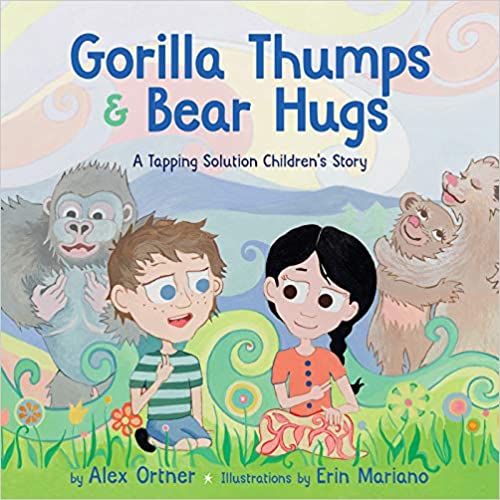Now that we are over a month into the pandemic, the experience of being quarantined with our children has become real. Juggling the responsibilities of taking care of the home, keeping our children fed, active, educated, and entertained while possibly working from home and managing the various stressors caused by Covid-19 has begun to take its toll. Many of us admit that we are struggling to balance everything that we believe is expected of us and feel we are failing our children.
First and foremost, it is important for us to recognize that our children need us to properly care for ourselves. I often tell clients that they are replaceable at work, but they are not replaceable in the lives of their children. Our children need us to be eating healthy, getting regular exercise, and sleeping properly because no one is the best version of themselves if they are not taking care of their physical body. It is also important to show ourselves some compassion by recognizing when the expectations are too high, and setting appropriate boundaries and priorities for ourselves. Our children look to us for guidance in times of uncertainty. The better we manage our stress, the better they will manage their own.
Secondly, it is much easier to parent our children with love and tolerance if we understand the reasons for their behaviour. Children may not have the skills to recognize and express how they are feeling about the sudden changes in their lives. Their routines have been disrupted, they may be afraid, they have inadequate information, they cannot see their friends, and their pillars of support (their parents) may appear stressed, frustrated, or angry, and they do not understand why.
Depending on the child’s age, we can expect to see their insecurity and frustration show up in some of the following ways:
- Acting out behaviours such as temper tantrums and refusals
- Excessive irritability or tearfulness
- Clinginess, or reverting to the behaviours of previous stages such as having toileting accidents, or wanting to sleep with their parents
- Demanding more attention
These behaviours are the ways children let us know they need us to provide them with a sense of security.
How to Help Your Children Cope
There are many things that are outside of your control during this time; however, if you are able to focus on some things that are within your control, you may find that helpful for both your children and yourself.
Name the Feeling
Children often are not able to recognize or express what they are feeling. We can help them by giving them the words- “You are feeling sad because you cannot go to the park”, “You are feeling frustrated because you can’t see your friends”. We all handle difficult emotions better when we feel someone understands us.
Talk About and Practice Emotion Management
We can be intentional about teaching our children how to manage difficult emotions by drawing their attention to ways we are practicing this ourselves- “When mummy got mad because you painted on the wall, I took a deep breath and counted to 3.” Younger children can benefit from songs or stories (especially those with actions) that show them how to calm themselves down. Breathing like a dragon, or tapping on their head like raindrops, or tightening their hands like they are squeezing lemons all can be very helpful grounding techniques.
The book Gorilla Thumps and Bear Hugs by Alex Ortner is highly recommended by therapists who work with anxious and traumatized children. I have personally found that children love tapping their collar bone like a gorilla and tracing their hands like a starfish (breathing in as they trace up the finger, breathing out as they trace down the finger).
Provide a Sense of Safety
Because our children look to us in difficult situations, we are able to help them feel safe and secure even though life is uncertain. We can do this by providing them with the routine, attention, love and reassurance they need. By taking the time to name and help them process their feelings, we are letting them know that their feelings are valid and important to us. Experts highly recommend hugging children when things are difficult rather than punishing them. Discipline methods such as spanking, giving consequences or time outs may correct the behaviour, but it does nothing to help them learn to tolerate or manage their emotions. This is a time when they need more emotional support rather than behaviour management.
Children who are better able to manage their emotions will become adults with good emotional regulation.
Praise and Practice
Most of us have heard the phrase- “Catch your child doing something right and praise them for it”. We all are more likely to repeat behaviours that have resulted in positive feedback, rather than something that resulted in criticism. This is even more true in anxiety provoking situations like this pandemic when children need your attention. They will get your attention any way they can. Isn’t it better to give it to them when they are behaving well, rather than having to deal with other types of attention-seeking behaviour?
Finally, these are difficult and uncertain times for us all. We will act in ways that we wish we hadn’t. Recognize that we are all human and we can use these situations to demonstrate appropriate emotion management and the power of taking ownership for our behaviour, by saying, “I am sorry for yelling at you when I got angry that you bathed the cat. Mummy should have used gorilla thumps and deep breaths first”.
by Heather Baker MSW, RSW
If you have concerns about how either you or your child is managing our current situation, call The Relationship Centre at 613-848-3683. We have specially trained child and family therapists available to help you feel close and together as a family.











